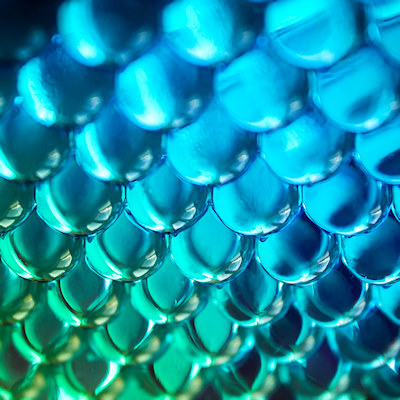September 8, 2022 -- Mechanical forces and tissue functions influence the morphology of the developing brain, according to University of California, Irvine researchers, who also discovered a direct link in neural stem cells between Piezo1 -- a mechanically-activated ion channel -- and intracellular cholesterol levels during neural development.
The findings demonstrate a role for Piezo1 in the neurodevelopmental process that modulates the quantity, quality, and organization of cells by influencing cellular cholesterol metabolism (Journal of General Physiology; September 7, 2022). The link shows that by controlling Piezo1 activity through therapeutics, scientists may be able to develop novel treatments for neurodegenerative diseases such as Alzheimer's.
Piezo1 channels are activated in response to both externally applied and cell-generated mechanical forces in human fetal brain-derived neural stem/progenitor cells; the new study shows that Piezo1 is vital for proper brain development. The researchers found that when Piezo1 is deleted, the deletion results in a thinner neuroepithelial layer, disrupted pseudostratification, and reduced neurogenesis in E10.5 mouse embryos.
The proliferation and differentiation of Piezo1 knockout (KO) mouse neural stem cells (NSCs) isolated from E10.5 embryos were reduced in vitro compared with those of littermate WT NSCs.
The researchers found downregulation of the cholesterol biosynthesis superpathway, in which 16 genes, including Hmgcr, the gene encoding the rate-limiting enzyme of the cholesterol biosynthesis pathway, are downregulated by 1.5-fold or more. Additionally, membrane lipid composition is altered, and cholesterol levels are reduced in Piezo1 KO NSCs. However, cholesterol supplementation of Piezo1 KO NSCs partially rescues the phenotype in vitro.
The research provides new approaches for understanding how brain defects may arise; the researchers will continue to explore Piezo1 and its effect on cholesterol metabolism in early human brain development and in adult-onset neurodegenerative diseases, they said.
Copyright © 2022 scienceboard.net







